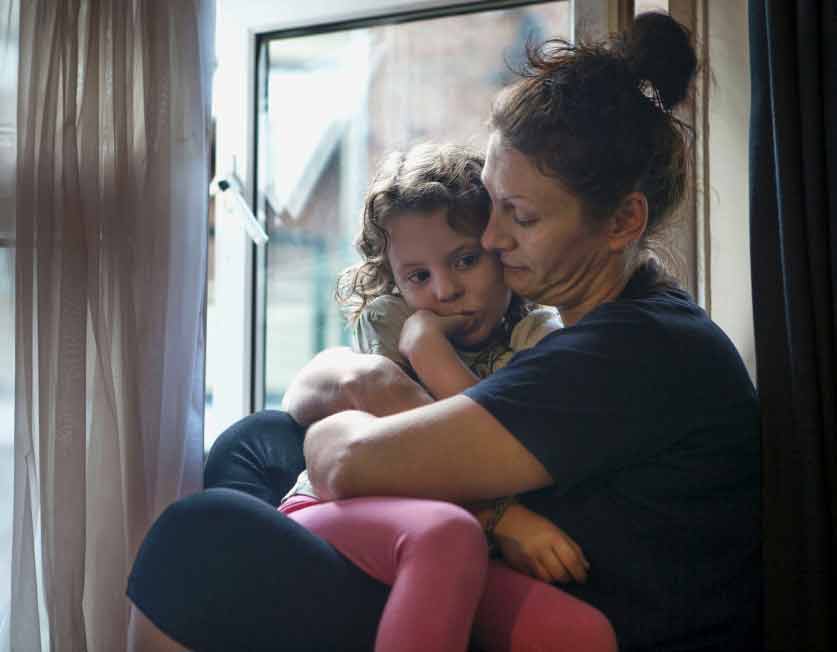No Place to Call Home, BBC1 -TV review: She didn't want an iPad, just a home and a place at a school
Nearly 50 years after Ken Loach's Cathy Come Home aired on BBC1, homelessness is again an unseen problem

As the housing crisis continues, it's worth remembering that for many the situation is far more dire than never being able to afford a place on the property ladder. The upsetting documentary No Place to Call Home told the story of two of the (at least) 80,000 children who, along with their families, are currently homeless in Britain.
The local council had categorised JJ's mother Nicole as "voluntarily homeless", a ruling that absolved it of any legal responsibility to house her, 10-year-old JJ and his toddler sister. As Nicole said: "That's just in itself ridiculous, to be honest. I would never plan to be homeless." In fact, she was forced to move out of privately rented accommodation when the landlord's failure to fix the boiler during winter rendered it uninhabitable. From there, they moved into her mother's east London council property, but were forced to move again when the council deemed it over-crowded.
Private sector landlords also played a role in the sad story of 10-year-old Ellie and her family. After the end of a 10-year relationship, Ellie's mother, Erica, was left as a single parent of four young children in a flat in Peckham with rising damp. That might almost have been tolerable, but they were evicted anyway (private landlords need not give any reason) and after a brief spell in a temporary flat, all five were squeezed into one-room hostel accommodation.
There's something very moving about a child whose greatest desire is not for an iPad or a pony, but only for what should be basic necessities: a home, a school place, and a sense of stability. "My school is very important to me," said a tearful Ellie, "I just want to learn everything."
But No Place to Call Home, wasn't sentimental either. Over the course of 18 months, it very effectively demonstrated how every aspect of daily life is made exponentially more difficult for homeless families, with long-term mental health consequences for the children and their mothers. Nearly 50 years after Ken Loach's Cathy Come Home first aired on BBC1, homelessness is once again an unseen problem, but one that television will – hopefully – help bring to the fore.
Join our commenting forum
Join thought-provoking conversations, follow other Independent readers and see their replies
0Comments